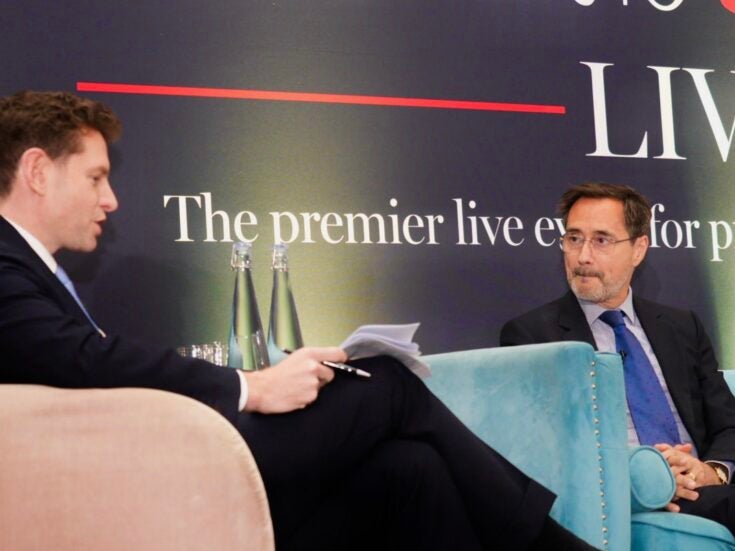
by Freddy Barker
Gordon Brown is akin to a disease. For 13 years, he has eaten away at the UK’s finances. Today is the first chance in 4,753 days that the patient – the British public – has had to seek treatment.
It all started in 1997 with a nasty bit of deception. Brown’s opening initiative was to give the Bank of England independence to set interest rates with the target of keeping CPI at 2%. Great, but what he didn’t advertise was that through legislative authority over the definition of the CPI, the 59 year old Scot, not the MPC, actually decided the nation’s interest rates by constantly moving the inflationary goalposts.
By divorcing rates from reality, he allowed for a period of non-inflationary growth. Credit was free and our houses soared in value. The banks latched on and launched an array of products to allow the UK’s new rich to unlock the value of their assets. Equity-release boomed and Britons borrowed against their homes to spend money that they didn’t have.
The increase in GDP – which Brown labelled ‘the abolition of boom and bust’ – allowed Labour to fulfil their social plans. An army of bureaucrats was hired (usually in marginal constituencies) to plaster red tape and tell us how to live our lives. The fake increase in employment led not to sustainable economic prosperity but to the slow strangulation of UK entrepreneurship. It cost British industry £55bn a year according to the Chamber of Commerce.
Ironically, as regulation rose in the reliable areas of the economy such as manufacturing, it fell in the unreliable areas such as financial services. Brown dubbed Britain the world’s No 1 centre for banks. But to achieve this, he made us a regulation-free zone.
In the new-normal, financiers flourished. They recognised the link between the Thatcher house price boom/1980s goldrush in mortgage backed securities and New Labour’s asset inflation. They created a string of structured products to allow the highly leveraged investment vehicles all over the world to get a piece of the action. When the ratings agencies glitched by basing their risk assessments on recent prices fluctuations alone, the mother of all financial bubbles was born.
And so life continued until July 2007 when Brown’s world crumbled. Risk appetite dried up and a downward spiral was set in place. Banks stopped lending, LIBOR looked like a dagger and consumers reeled. Oh the justice that the Kirkcaldy MP should come to power then. Arsonist had to become fireman.
Surprise surprise though, his reaction was to spend money. Brown regularly gloats now that he ‘took firm action by nationalising the banks’. Fair enough, RBS cashpoints were 4 hours away from closing and counterparty risk made the banks look like dominoes. But can anyone explain the logic behind bailing out failed institutions without reforming them to remove as much risk as possible from the financial system? Surely that has set the scene for casino style betting which can only prolong a recession?
And so it did. We suffered the fastest and deepest recession since 1945. But Brown’s response was predictable: spend more money! He borrowed more over 2009 and 2010 than every single British government in history put together. It was sacrificing the long term for the short term, spending more money that we didn’t have.
And so today we have our first chance to stop Brown spending. Take the opportunity to ensure that he relinquishes the post that he was never elected to hold.






